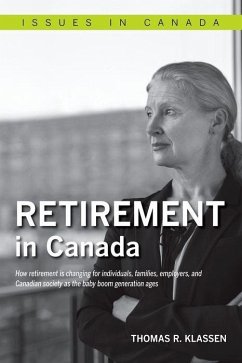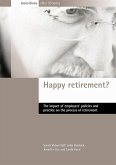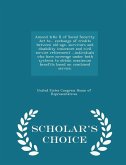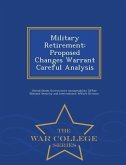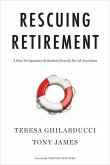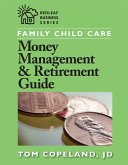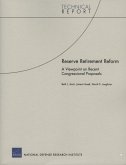A century ago, the average Canadian lifespan was 60; today, we can expect to live 20 years longer than that. And recent generations have witnessed other major social shifts in Canada, from women entering the workforce to alterations in traditional career patterns, from evolutions in the once-inviolable nuclear family to the decline of employer pension schemes. As the arc of our lives continues to change, so too will the experience of our retirement. An important factor in the changing reality of retirement is the influence of the baby boom generation, the demographic group born in the wake of World War II, which comprises some 30 percent of the Canadian population. As this generation has transformed society, challenging gender and ethnic stereotypes and redefining popular culture, so will it transform the choices and challenges associated with retirement. But as Thomas R. Klassen-a professor of political science and public policy and also a well-known media commentator-notes, this generation is not a homogeneous block, and there are few constants in the preferences of those near retirement, as well as those already retired. Unlike the past, the future of retirement holds a wide range of possibilities. This short, accessible book brings together what we know about the changes taking place, as well as what we can predict. The media often foretell of intergenerational conflict and a reduced standard of living as our population ages, but the reality is likely to be different. Klassen considers retirement from many angles. The changing demographic trends in Canada, along with other Western nations, provide fascinating insights into the past, present, and future. Another chapter describes the structure of income security for older Canadians, including its origins in the welfare state as well as its successes and failures. Klassen also looks forward to how retirement pensions will change in coming years. Other chapters look at the debate around mandatory retirement, newer approaches such as phased retirement and "unretirement," as well as new attitudes and expectations. Klassen's evaluation of the choices and challenges associated with retirement also considers how retirement looks from a range of perspectives: how it is encountered by the individual and family, by the employer, and by governments creating and amending public policy. The options for adapting to wide-scale retirement include some creative and forward-looking ideas, such as the lessons Canadians can learn from developing countries. Retirement, predicts Klassen, will become more buffet-like rather than a la carte, an adaptive and gradual transition rather than an on-off switch. This surprisingly engaging book shows that while there are many different ways to think about retirement, we should keep the facts close at hand as we enter the "unknown country" of widespread demographic change and retirement.
The length of time Canadians can expect to live has been extended by some 20 years in the last century, and continues to lengthen. As we live longer into old age, and as the generation born in the wake of World War II (known as the baby boomers) moves into retirement, we face new options and new challenges. This short, accessible book brings together what we know about the changes taking place, as well as what can be predicted; much remains uncharted territory.
Hinweis: Dieser Artikel kann nur an eine deutsche Lieferadresse ausgeliefert werden.
The length of time Canadians can expect to live has been extended by some 20 years in the last century, and continues to lengthen. As we live longer into old age, and as the generation born in the wake of World War II (known as the baby boomers) moves into retirement, we face new options and new challenges. This short, accessible book brings together what we know about the changes taking place, as well as what can be predicted; much remains uncharted territory.
Hinweis: Dieser Artikel kann nur an eine deutsche Lieferadresse ausgeliefert werden.

